Meld deg på!
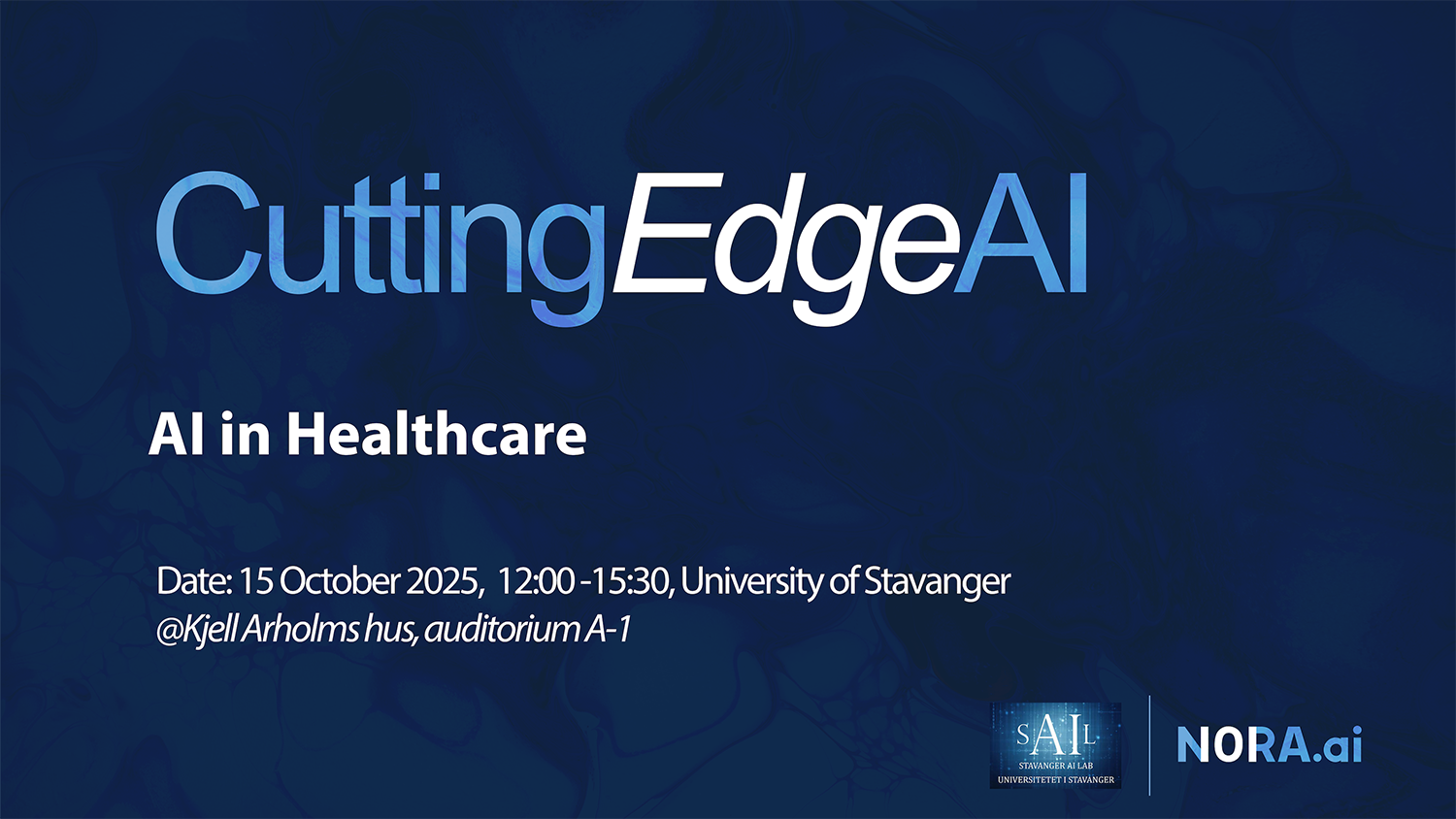
Helsesektoren står overfor utfordringer som en aldrende befolkning, økende kreftforekomst og kritisk mangel på arbeidsstyrke. Kunstig intelligens har stort potensial, fra å forbedre pasientbehandling og forbedre diagnostikk og prognoser, til å muliggjøre personlig behandling og drive medisinsk innovasjon. Likevel gjenstår viktige utfordringer og ubesvarte spørsmål.
Når: 15. oktober, 2025, 12:00-15:30
Hvor: Kjell Arholms hus, Auditorium A1, Universitetet i Stavanger
Stavanger AI Lab arrangerer dette i samarbeid med NORA.ai.
Mer informasjon og registrering.
Arrangementet foregår på engelsk.
Prof. Sotirios A. Tsaftaris
Causal AI — the next gen AI
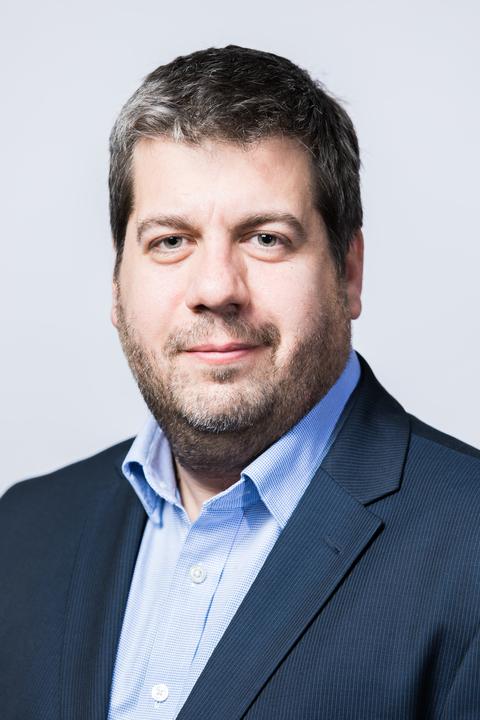
Abstract: Current AI models are excellent at finding data associations, but as we push into peta-level training regimes, they're bound to find spurious correlations. This presents a significant and growing problem: such misleading associations can lead to poor and unfair decisions. It's time we invest in a new next-gen AI – one that discovers true cause and effect, builds world models that understand data generating processes, and doesn't require massive datasets. This talk will present work from our team and the broader Causality in Healthcare AI hub [CHAI, https://www.chai.ac.uk] which aims to develop and deploy causal AI solutions that are safer, fairer, and more reliable, especially with healthcare applications in mind.
Bio: Prof. Sotirios A. Tsaftaris, or Sotos, is currently the Director of the Causality in Healthcare AI Hub (CHAI, https://www.chai.ac.uk), and Chair (Full Professor) in Machine Learning and Computer Vision at the University of Edinburgh (UK). He is also the Canon Medical/Royal Academy of Engineering Research Chair in Healthcare AI and an ELLIS Fellow. He is also an Affiliated Researcher with Archimedes AI in Greece. Previously he held faculty positions with IMT Institute for Advanced Studies Lucca (Italy) and Northwestern University (USA). He has published extensively, particularly in interdisciplinary fields, with more than 180 journal and conference papers in his active record.
Kjersti Engan
From newborn care to tissue samples – how can AI be of help?
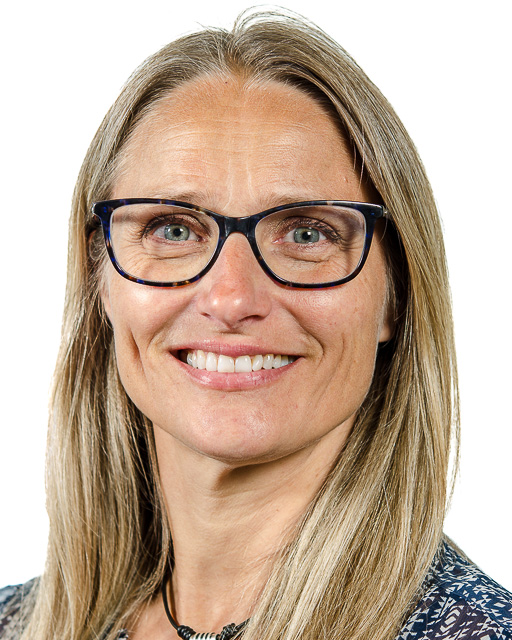
Abstract: Around 10% of newborns require assistance to initiate breathing, with risks of mortality and long-term impairment. Using AI to quantify such emergency procedures and responses can help us understand and improve. At the other end of medicine, computational pathology shows AI’s power in diagnostics and prognostics, together illustrating its wide potential to advance clinical practice.
Bio: Kjersti Engan is a professor in information technology at the department of electrical engineering and computer science, University of Stavanger. She also holds a 20% position at Laerdal Medical. She earned her bachelor’s degree in electrical engineering from Bergen University College in 1994, followed by her MSc and PhD degrees in electrical engineering from UiS in 1996 and 2000, respectively. Her research focuses on signal and image processing, machine learning, and their applications in the medical field. She leads the Biomedical Data Analysis Lab (BMDLab) at UiS, where she collaborates with local and international hospitals and companies on different projects. She has a particular research interest in the applications of safer births, emergency medicine, stroke assessment, and computational pathology. She is a senior member of IEEE, AAIA fellow, member of ELLIS and NOBIM.
Lars Ailo Bongo
Developing High-Risk AI Systems in Mental Health: Lessons from the TRUSTING Project

Abstract: In the TRUSTING project, we are developing a speech-based tool to predict relapse in psychosis. The tool is being designed for six languages and will be evaluated in a clinical trial. While large language models offer promising opportunities for cognitive testing, their use in high-risk AI systems raises significant challenges. These include ensuring safety, trustworthiness, and compliance with emerging AI regulations. In this talk, I will present the key challenges we encounter in data collection, infrastructure development, and cognitive test design, and reflect on the added complexity of developing high-risk AI systems across multiple languages.
Bio: Dr. Lars Ailo Bongo is currently a Professor in health technology at the Department of Computer Science, UiT The Arctic University of Norway. His main research interest is to build and experimentally evaluate infrastructure systems that support the methods under development by our bioinformatics and health science collaborators. He is the principal investigator in the Health Data Lab. Bongo is also active in building a culture for entrepreneurship at UiT, He is the co-founder of Medsensio AS, innovation coordinator in SFI Visual Intelligence, and the co-founder of the Digital Technology Innovation Lab at UiT. Bongo has an adjunct Professor position at Sámi University of Applied Sciences, where he recently co-founded the Sámi AI Lab that aims to use AI to improve the Sámi society for the better.
Ingerid Reinertsen
AI-assisted brain tumor surgery
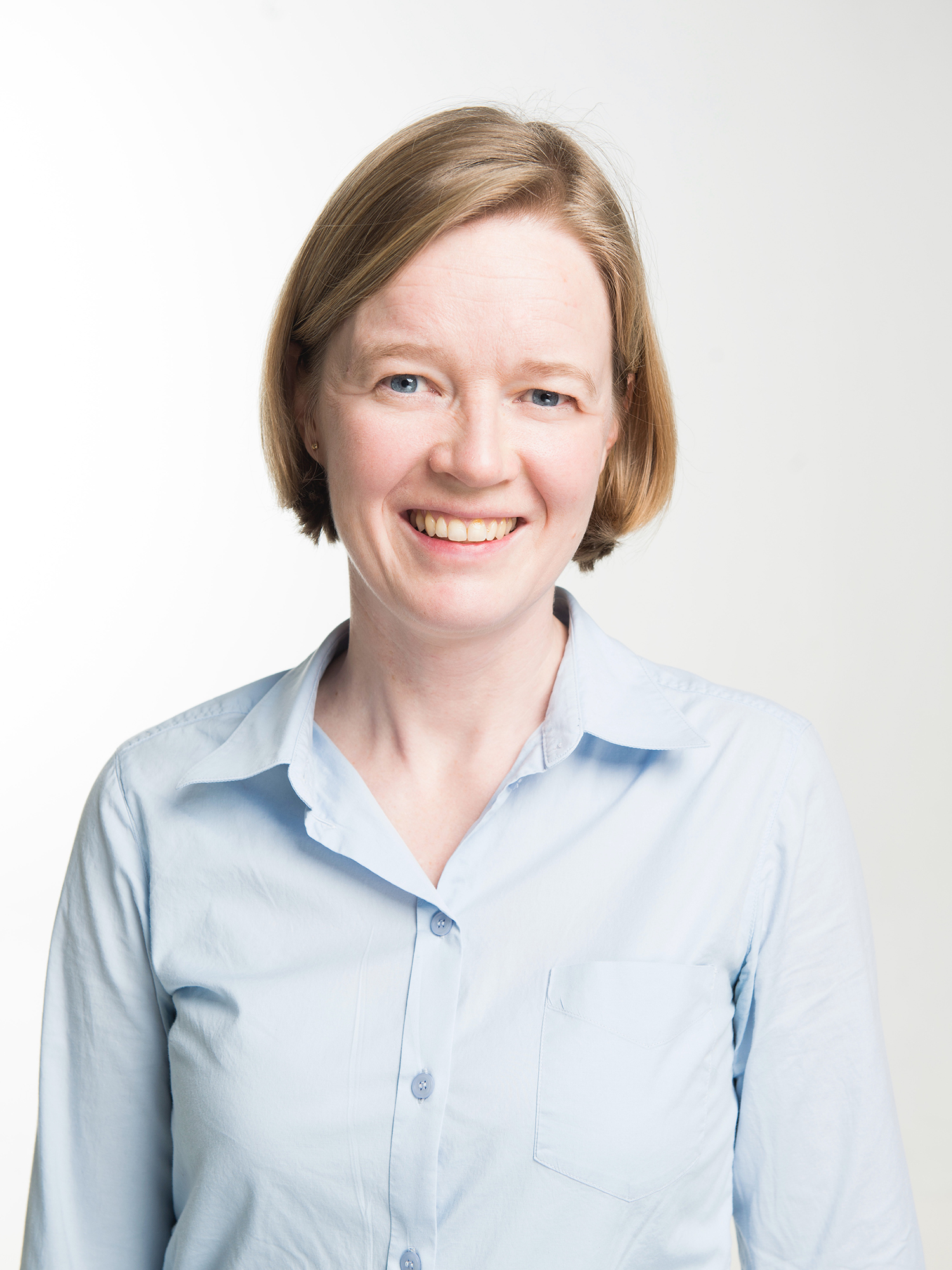
Abstract: AI has the potential to provide decision support for surgeons before during and after surgical procedures. With examples from brain tumor surgery, this presentation will explore the latest results as well as opportunities and pitfalls going forward.
Bio: Ingerid Reinertsen is a Senior Research Scientist and Research manager for the group "Medical Image Analysis" in SINTEF Digital. She completed her MSc in Engineering physics at INSA Toulouse, France in 1999, MSc in Medical Physics at McGill University, Canada in 2001 and her PhD in Biomedical engineering at McGill University, Canada in 2007. Her main research interests include medical image analysis, machine learning, image guided surgery and digital pathology.
Florenc Demrozi
Edge-based freezing of gait recognition in Parkinson’s disease
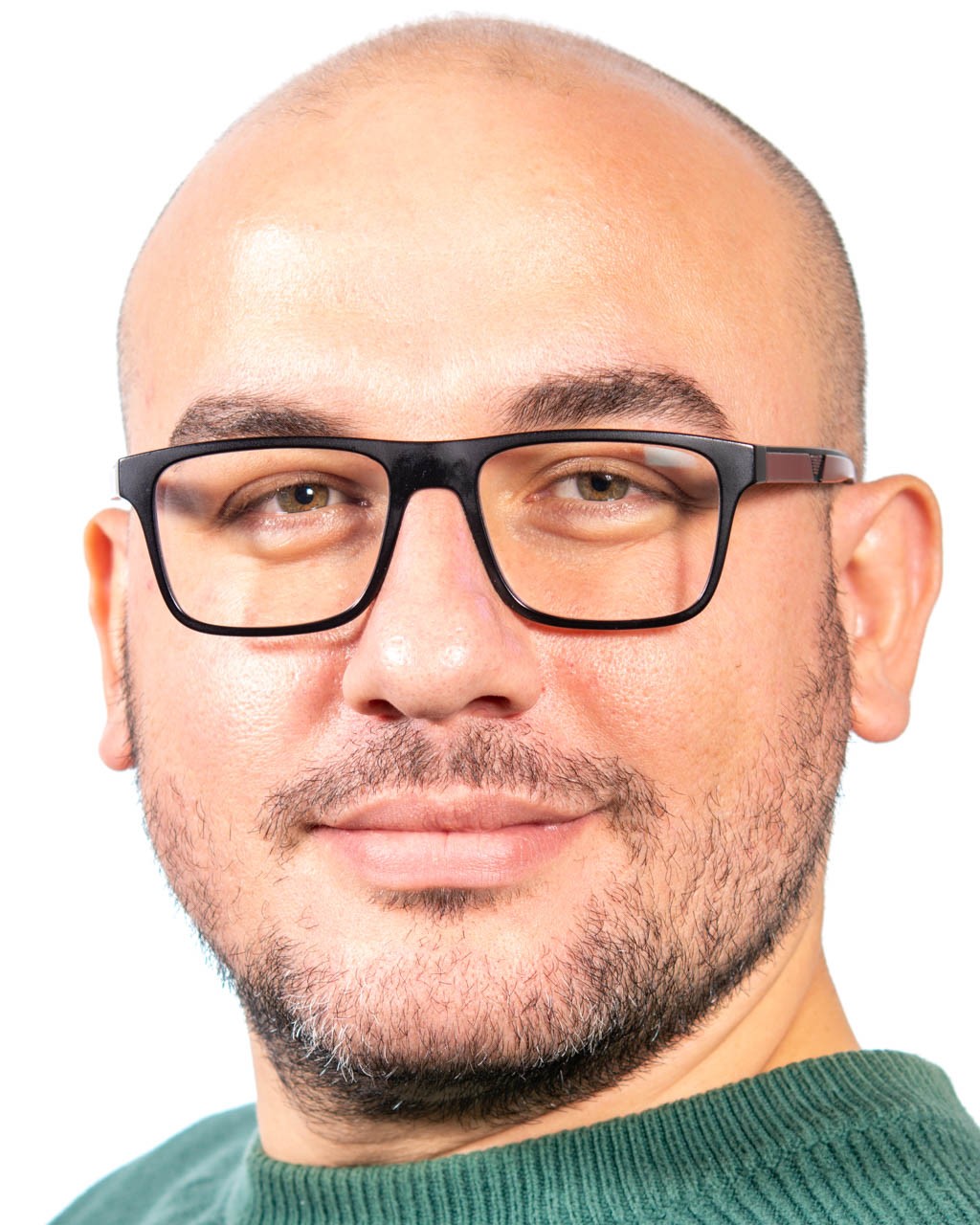
Abstract: Freezing of gait (FoG) is a disabling symptom of Parkinson’s disease (PD), affecting over half of patients with advanced PD and severely reducing quality of life. Cueing strategies using audio, visual, or tactile stimuli have shown promise, particularly when combined with automatic FoG detection. Wearable sensors and machine learning methods have been explored, but most face challenges in accuracy, real-time use, and edge deployment. We present a real-time, edge-based FoG recognition system using convolutional neural networks (CNN). The optimized model, evaluated on data from 62 PD patients, achieved an F1-score of 92% and AUC of 0.97, with consistent performance on an external dataset (though with lower specificity).
Bio: Florenc Demrozi, Ph.D. in computer science and IEEE member, received his B.Sc. (2014) and M.Sc. (2016) degrees in Computer Science and Engineering from the University of Verona, Italy. He also obtained his Ph.D. degree in Computer Science from the University of Verona, Italy, in 2020. Currently, he serves as an Associate Professor in Medical Technology at the Department of Electrical Engineering and Computer Science, University of Stavanger, Norway. In his current role, he focuses on research areas such as Artificial Intelligence of Things (AIoT), Human Activity Recognition (HAR), and Active and Assisted Living (AAL).
Mahdieh Khanmohammadi
From Segmentation to Prediction: AI Methods for Stroke Imaging Analysis
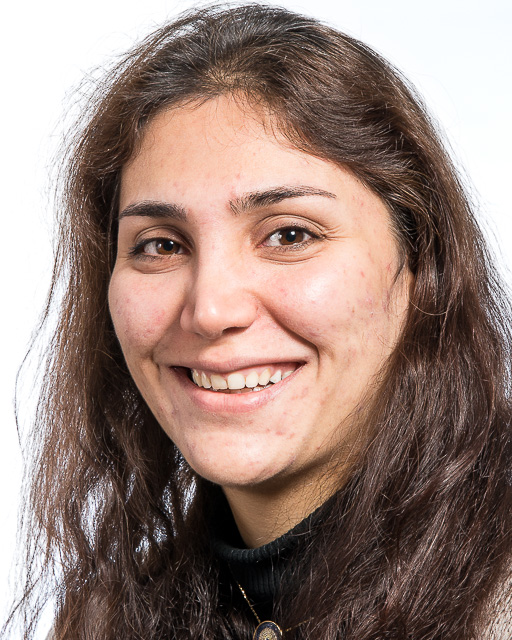
Abstract: Stroke is a time-critical emergency where rapid, reliable imaging-based decision support is essential. We present AI-driven methods for ischemic lesion segmentation directly from 4D CT perfusion using supervised and semi-supervised deep learning, leveraging full spatiotemporal information. Beyond segmentation, we integrate admission CTP with follow-up DWI to predict functional outcomes and assess treatment effects of interventions such as thrombolysis and thrombectomy. Our work demonstrates the potential of robust AI solutions to enable precision medicine in acute ischemic stroke.
Bio: Mahdieh Khanmohammadi, Ph.D. in Computer Science, received her M.Sc. in Medical Imaging from the University of Tehran, Iran, in 2006, and a second M.Sc. in Computational Engineering from Halmstad University, Sweden, in 2011. She earned her Ph.D. in Medical Data Analysis from the University of Copenhagen, Denmark, in 2015. Since 2019, she has been an Associate Professor in Signal Processing at the Department of Electrical Engineering and Computer Science, University of Stavanger, Norway. Her research focuses on medical signal and image processing, neural networks, and artificial intelligence, with applications in acute ischemic stroke, Parkinson’s disease, and cardiovascular disorders. She initiated the IEEE Signal Processing Society Chapter in Norway, serving as Vice Chair, and since 2023 has been a board member of the NORA Research School under the Norwegian Artificial Intelligence Research Consortium.
Øyvind Meinich-Bache
Can AI support call handling in emergency medical dispatch centres?

Abstract: This talk presents AICoS, an AI system designed to support call handling in emergency medical dispatch centres. Using real-time audio analysis and computer vision, AICoS automatically recognizes emergencies and provides contextual advice for call-takers to relay to callers. The system also generates situation summaries, enabling faster decision-making during critical moments.
Bio: PhD in image processing and deep learning (2020). Senior Data Scientist at Laerdal Medical and Associate Professor II at University of Stavanger (2020-current). Specializes in automatic activity recognition from signals, particularly images and video, with focus on emergency response applications.
Mina Farmanbar
Detecting Dementia with Language and AI: A New Frontier in Early Diagnosis
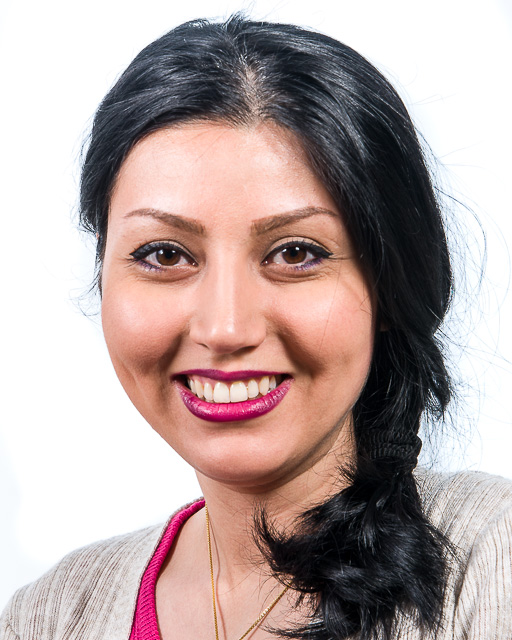
Abstract: Dementia is an escalating global health challenge, and early diagnosis is essential for effective care and intervention. This talk explores how artificial intelligence can identify early signs of cognitive decline by analyzing everyday speech. By using AI to examine how people describe simple images, we can uncover subtle linguistic patterns that may indicate the onset of dementia.
Bio: Mina Farmanbar is an Associate Professor at the Computer Science department at the University of Stavanger (UiS) and an advisor at Laerdal Medical AS, Norway. She is recognized among Norway's top 100 women in the AI field, a testament to her impactful contributions and is currently a deputy leader of the Applied Intelligence and Emerging Technologies (AIxTech) research group at the University of Stavanger. She has been a program committee member of NORA - Norwegian Artificial Intelligence Research Consortium since 2021 and program committee member and proceedings chair of the Springer International Conference on Frontiers of AI, Ethics, and Multidisciplinary Applications (FAIEMA) since 2023. Her research interests span a wide range of topics within the field, including but not limited to data science, natural language processing, and machine learning applications.
Alvaro Fernandez Quilez
The Forgotten Ones in AI for healthcare
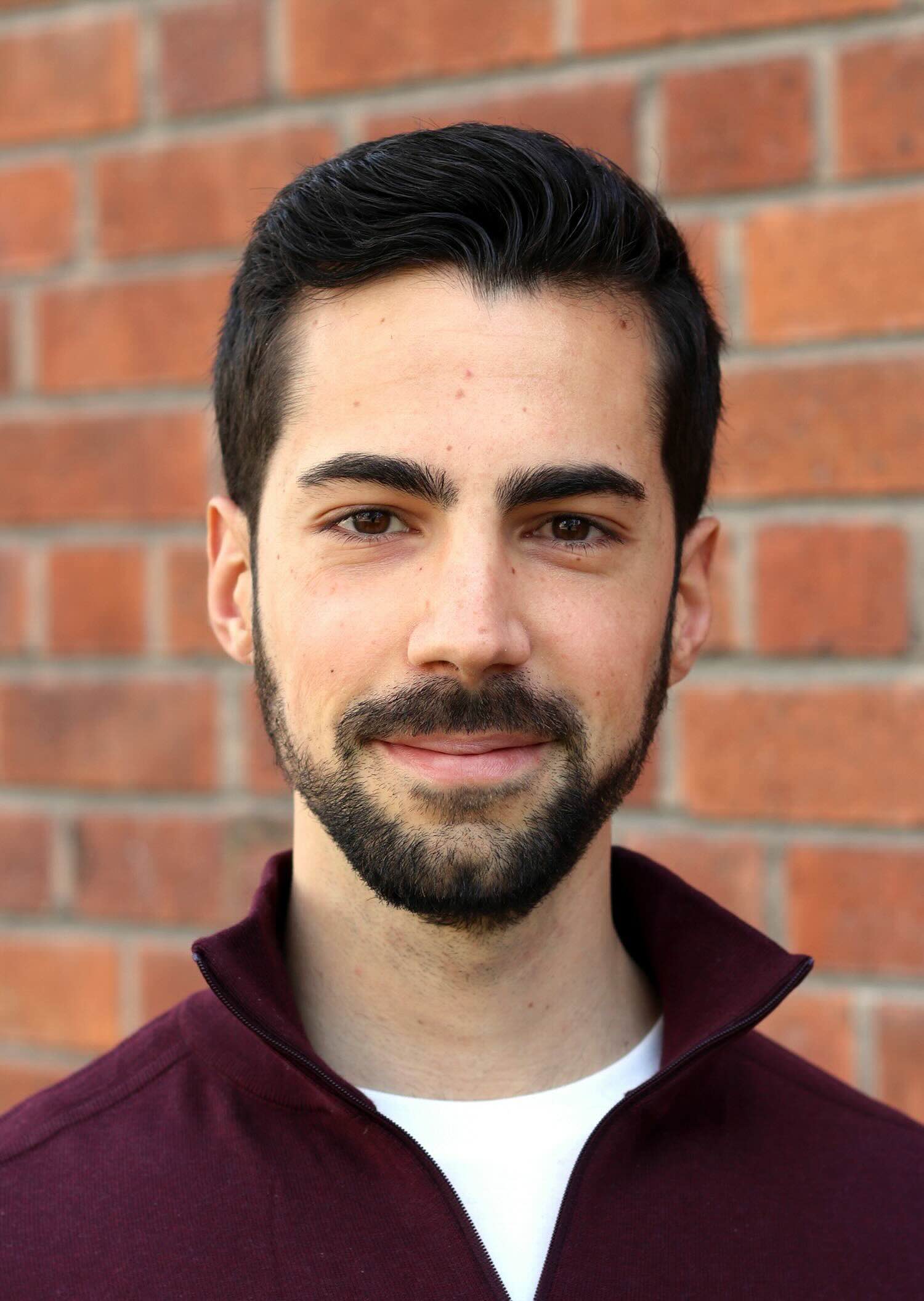
Abstract: Common performance metrics only tell a part of the story. This talk highlights two often overlooked dimensions of reliable AI development: hidden signals and uncertainty estimation.
Bio: Alvaro Fernandez-Quilez holds a PhD in Artificial Intelligence (AI) applied to healthcare and is currently Associate Professor in AI at the University of Stavanger (UiS). He leads the Stavanger AI Laboratory (SAIL), the university’s research hub bringing together 18 research groups working on diverse topics within AI. His research has focused over the past years on two key areas: responsible AI and decision-making with AI with a strong emphasis on healthcare applications and interdisciplinary collaborations.
Program
| Time | Title | Presenter |
| 12:05 - 12:10 | Introduction | Tom Ryen, UiS / NORA.ai |
| 12:10 - 13:00 | Causal AI — the next gen AI | Sotirios Tsaftaris, CHAI, UK |
| 13:00 - 13:10 | Coffee break | |
| 13:10 - 13:30 | From newborn care to tissue samples – how can AI be of help? | Kjersti Engan, UiS |
| 13:30 - 13:50 | Developing High-Risk AI Systems in Mental Health: Lessons from the TRUSTING Project | Lars Ailo Bongo, UiT |
| 13:50 - 14:10 | AI-assisted brain tumor surgery | Ingerid Reinertsen, SINTEF |
| 14:10 - 14:20 | Coffee break | |
| 14:20 - 14:35 | Edge-based freezing of gait recognition in Parkinson’s disease | Florenc Demrozi, UiS |
| 14:35 - 14:50 | From Segmentation to Prediction: AI Methods for Stroke Imaging Analysis | Mahdieh Khanmohammadi, UiS |
| 14:50 - 15:05 | Can AI support call handling in emergency medical dispatch centres? | Øyvind Meinich-Bache, Laerdal Medical |
| 15:05 - 15:20 | Detecting Dementia with Language and AI: A New Frontier in Early Diagnosis | Mina Farmanbar, UiS |
| 15:20 - 15:35 | The Forgotten Ones in AI for healthcare | Alvaro Fernandez-Quilez, Stavanger AI Lab, UiS |